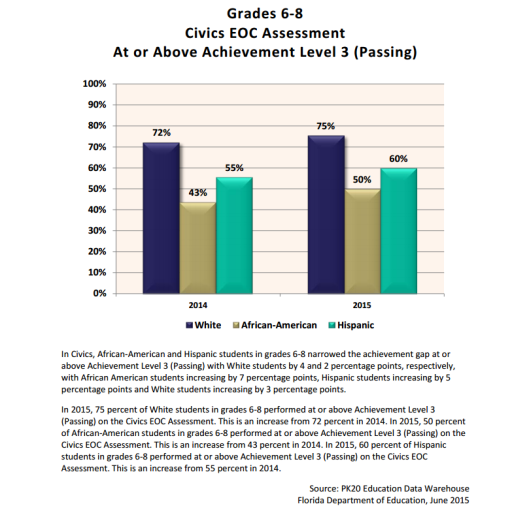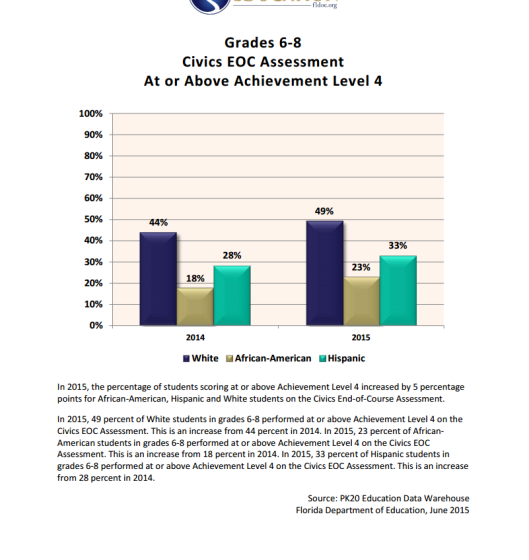Some have suggested that we are at a point in American civic life where citizens have never been more divided by partisanship, more offended (and eager to offend), and more angry. Our elections and our leadership seem to be increasingly partisan, combative and aggressive. Others point out that in fact we are not as divided as we think overall; while the two major parties themselves have clear differences, the electorate itself actually agrees on a larger number of issues than they think. Indeed, can the politics of today be any worse than the Election of 1800?
One thing that the current climate HAS brought us, despite the fact that we actually have more in common than we think, is the idea that ‘compromise‘ is a dirty word. As Deborah Tannen points out, many of our early leaders, the ones we find in our textbooks and give nicknames to, the ones that we valorize and heroify, would not recognize this idea when it comes to issues concerning the survival and success of the United States. Henry Clay, I think, says it best (p. 382):
I go for compromise whenever it can be made. All legislation, all government, all society is formed on the principle of mutual politeness, comity, courtesy; upon these everything is based. I bow to you today because you bow to me. You are respectful to me because I am respectful to you. Compromises have their recommendation that if you concede anything you have something conceded to you in return. Let him who elevates himself humanity above its weaknesses, its infirmities, its wants, its necessities say if he pleases I will never compromise, but let no who is not above the frailties of our common nature disdain compromise.
We must recognize, of course, that these many early compromises were intended to overcome America’s shameful, bloody original sin, but it does not negate the fact that compromise with your political opponents, your ideological foes, and even your theoretical allies may sometimes be necessary to make progress, no matter how incremental. As Unger (1998, p. 263) writes, when we pursue social and political change that can significantly impact who we are, how we live, and how we govern ourselves,
It is a mistake, for example, to oppose short-term and context-oriented proposals to the tentative exploration of long-term alternative futures, or moderation to radicalism, in programmatic thought. Any trajectory of cumulative structural change can be considered at points close to present social reality or distant from it. The direction matters more than the distance.
Any civic education that seeks to ensure an active and engaged citizenry, one willing to engage in deliberation rather than accusation, should work toward ensuring future citizens understand the importance that compromise MUST play in civic life. Here in Florida, we have fashioned our middle school civics course in such a way that students may develop that understanding. A number of civics benchmarks provide opportunities for a consideration of compromise in civic and political life. 7.C.1.8, for example, has students look at the arguments between Federalists and Anti-Federalists concerning the writing of the Constitution and the development of the Bill of Rights as a sort of ‘compromise’ document. 7.C.2.5 has these future citizens look at the Bill of Rights as a balance between liberty and security, between my rights and your rights. This itself is a form of compromise. 7.C.2.12, my favorite benchmark, has students “Develop a plan to resolve a state or local problem by researching public policy alternatives, identifying appropriate government agencies to address the issue, and determining a course of action.” A very C3 approach, don’t you think, especially as it has them researching and taking action? And in the process of researching and developing solutions…compromise would play a role. 7.C.2.13 goes well with 2.12 in having students consider alternative perspectives, another area where they must think about how those with disparate views might reach an accommodation. Even 7.3.C.4, which connects to a discussion of federalism, could invoke compromise. The concept of compromise, then, is almost baked into the benchmarks that we teach in Florida, though of course we must be sure that how we approach it aligns with the state item specifications and benchmark clarifications. Ultimately, we must realize that without compromise, we face some stark consequences. To borrow from Auden, ‘we must all love each other…’



